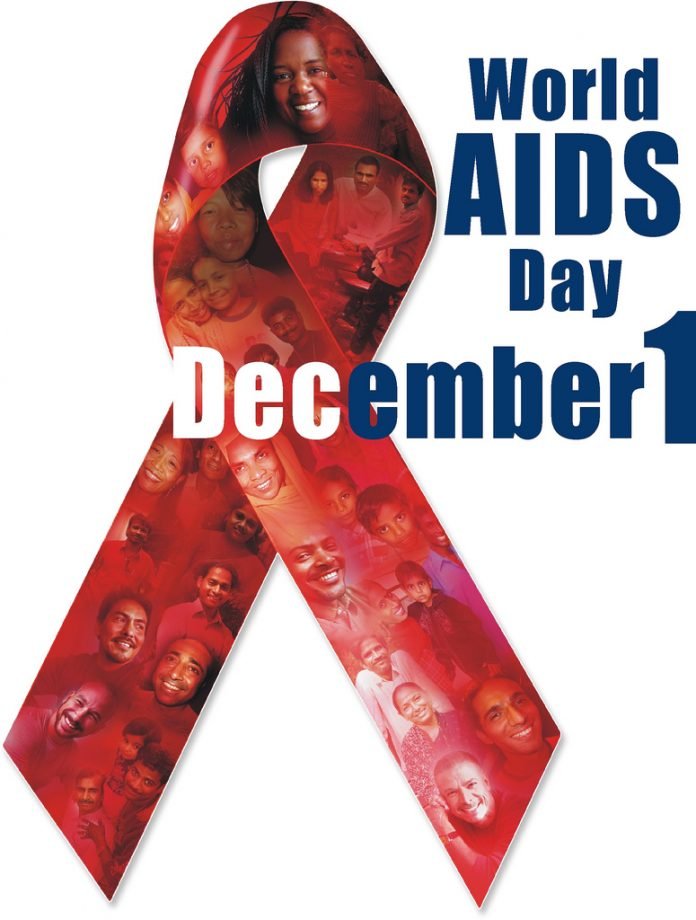December 1, 2017
By Staff, “The Gist”
On this World AIDS Day 2017 there MAYBE some good news – out of Africa – for the 36.7 million currently living with HIV/AIDS around the world. The development of a vaccine, called “Imbokodo” that could prevent a wide range of viral strains responsible for the HIV pandemic, is being tested!
“Imbokodo” – is the Zulu word for “rock” which is part of a well-known proverb in South Africa that refers to the strength of women and their importance in the community
Johnson & Johnson, The Bill & Melinda Gates Foundation and the National Institutes of Health have joined forces to start the first efficacy study for a preventive vaccine, in South Africa. Approvals are being sought to conduct the study at additional locations in Malawi, Mozambique, Zambia and Zimbabwe.
“Finding an effective HIV vaccine to protect people at risk has been a major scientific challenge, but today there is new optimism that we can get there,” said Paul Stoffels, M.D., Chief Scientific Officer, Johnson & Johnson. “That’s why we’re joining forces with the world’s leading HIV researchers and global health advocates to help advance our experimental vaccine. Working together, our ultimate goal is to support efforts to make HIV history.”
HIV/AIDS, THE NUMBERS
HIV/AIDS continues to be one of the world’s most pressing global health challenges. In 2016, an estimated 37 million people were living with HIV globally, and 1.8 million people became newly infected with the virus.
- United States – an estimated 1.1 million people were living with HIV at the end of 2014, and nearly 40,000 people were diagnosed with HIV in 2015.
- East and southern Africa – An estimated 790,000 new HIV infections in 2016.
“IMBOKODO”
The new study will evaluate whether the vaccine regimen is safe and able to reduce the incidence of HIV infection among 2,600 women in sub-Saharan Africa. According to UNAIDS, women and girls account for nearly 60% of people living with HIV in eastern and southern Africa.
“The ultimate goal is to deliver a ‘global vaccine’ that could be deployed in any geographic region to help protect vulnerable populations at risk of infection”, said Johan Van Hoof, M.D., Janssen Vaccines & Prevention B.V. and Therapeutic Area Head, R&D, Infectious Diseases & Vaccines.
“Africa’s leadership role in bringing an end to the epidemic is documented in its ground breaking scientific research and evident in the dedicated contribution of its people”, said Professor Glenda Gray, CEO and President of the South African Medical Research Council and chair of the “Imbokodo” study.
The efficacy study will evaluate the vaccine’s safety in preventing HIV-1 infection. The study aims to enroll 2,600 sexually-active women aged 18-35 in 5 southern African countries. The first participants have already begun receiving vaccinations at clinical research sites in South Africa.
More information about the study is available at www.Imbokodo.org.za or www.ClinicalTrials.gov using identifier NCT03060629.


